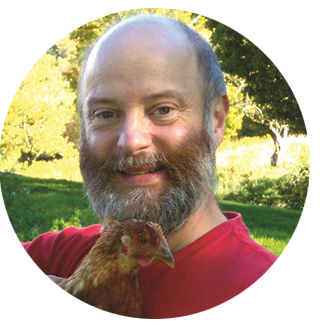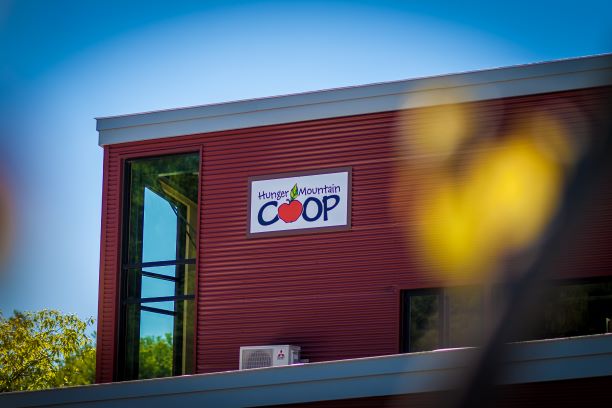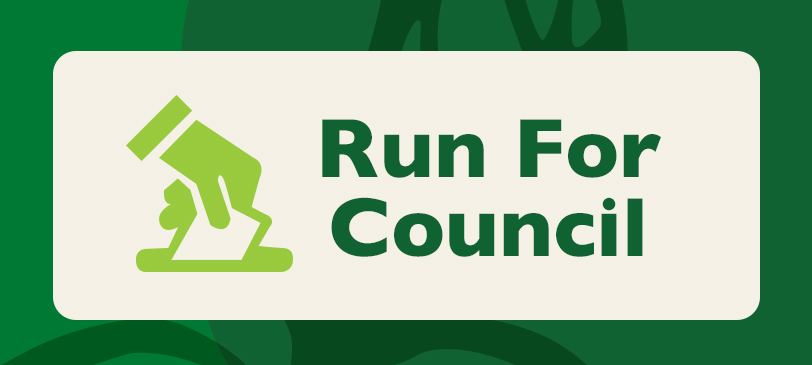
Council Updates: Aug. 23, 2024
Apply, Nominate, Run applications are due by September 3!
The Advantages of Council Membership
It’s election season in Vermont, in the U.S., and at the Co-op. We’re looking for at least five good candidates to file their papers by September 3 to fill the five seats on the council in November’s election.
Serving on the Co-op Council means serving the members and serving the Co-op; those constitute the primary focus of council service. Being on the council also gives access to valuable training that is directly useful to Hunger Mountain Co-op, and that equips you with skills to help you do more as a board member for community nonprofits and other valuable organizations.
One source of training is Columinate, a cooperative network of people with expertise in co-op grocery stores. Thanks to Hunger Mountain’s Co-op’s contract, council members can participate in live or online board training workshops, from a Foundations workshop to more advanced topics like facilitation; a DEI-centered conversation on how we use our power and, on whose behalf; and a four-part series in understanding financial statements.
Hunger Mountain Co-op helped found the New England based Neighboring Food Co-op Association (NFCA), a co-operative federation of more than 40 food co-ops and startups. Some of us attended the annual meeting, held in Massachusetts in March, where we learned about what is happening in 2025, the Second International Year of Co-ops, and the contribution of food co-ops to the United Nations Agenda for Sustainable Development. Small group discussions brought us in dialog with our peers from other co-ops on a range of issues, and afternoon workshops included deep dives on the Northeast Organic Family Farm Partnership and policy advocacy. Civic engagement was encouraged, e.g., by having the Co-op participate in National Voter Registration Day (which we plan to do in September) and encourage our representative in Congress to join the bipartisan Congressional Co-operative Business Caucus.
NFCA also provides member co-ops with everyday tools for better governance. For those who find Robert’s Rules too complicated, for example, NFCA distributes a simplified set of rules for running meetings.
I picked up a copy of those simplified rules at CCMA, a national annual meeting of grocery co-ops held in Portland, Maine this year, in June. Hunger Mountain sent a delegation of six staffers and council members. There were keynotes and workshops on topics like how to serve low-income, low-access areas, how to broaden the cultural appeal of the co-op, supporting neurodiverse staff and customers, and transitioning to a new general manager.
Serving the co-op by joining the council is generally a time commitment of 8 to 12 hours a month (for non-officers), and in that time you can be part of the decision making that keeps Hunger Mountain Co-op on its mission to create and sustain a vibrant community of healthy individuals, sustainable local food systems, and thriving cooperative commerce. If you need help in learning how to be an effective council member (and we all do!), training is available—and it can help you become more effective as a supporter of other organizations that strengthen our community resilience.
Annual Meeting and Voting
Voting for the five positions on the council begins at the Co-op’s Annual Meeting on November 7. Please make sure that date is on your calendar!
Voting is easy. Members can vote online, by mail, or in the store. Members can meet candidates at a candidate forum to be scheduled in October and at the Annual Meeting. After the meeting there is always at least two weeks to vote.
There’s Still Time to Apply for a Co-op Grant or Nominate Someone for a Community Award
Running for council is only one part of the current Apply, Nominate, Run campaign to encourage member-owners to get involved in the Co-op. There’s also the opportunity to Apply for a grant from the Hunger Mountain Cooperative Community Fund and to Nominate someone for a community award.
Your Co-op, Your Choice: Opportunities for Member Participation
The Bridge has published my response to a recent article on local democracy at the Co-op. Read it here.
Wrap-Up
During this election season, it’s worth considering how these things work on farms. It’s not always pretty!
Q: How did the chicken take over the henhouse?
A: It was a coop coup.
Q: How did she know it was time?
A: The coop coup clock

—Carl Etnier, Council President
Do you have any questions or comments about the Council? Do you know any jokes even faintly related to food and/or co-ops? Please email them to me!


